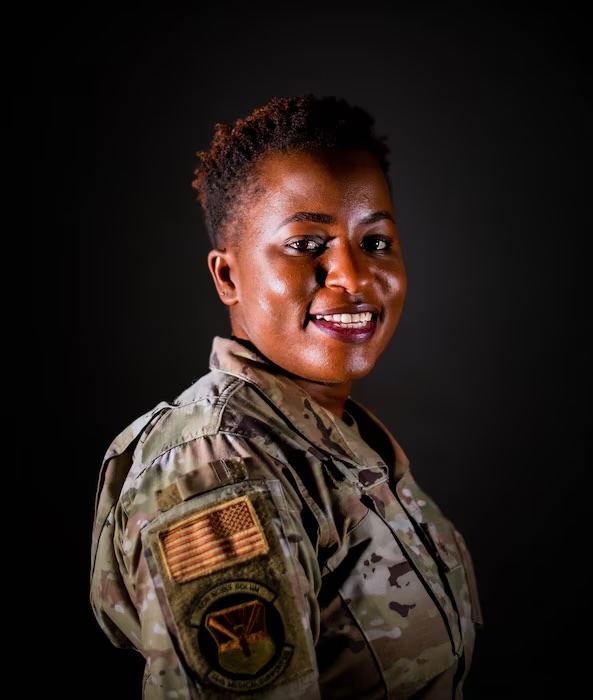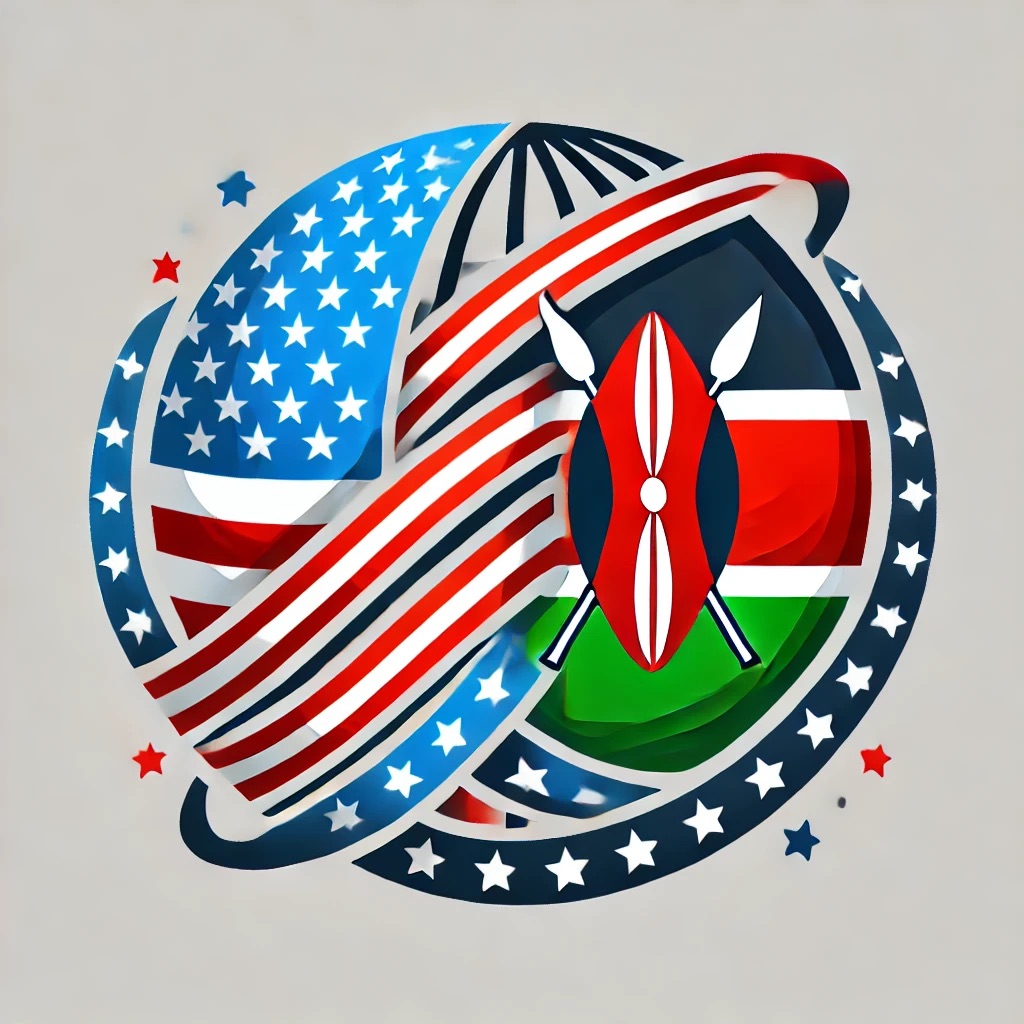
In Kenya, dreams of military service are deeply ingrained, symbolizing honor, duty, and a pathway to national pride. For Caroline Omboto and Winnie Adipo, the Kenya Defense Forces (KDF) represented these aspirations. Yet, both women encountered systemic obstacles that prevented them from joining the ranks of Kenya’s military. Their stories, however, did not end with rejection. Instead, they found success and fulfillment in the U.S. Armed Forces, where their potential was recognized and celebrated. This article delves into the contrasting journeys of these two Kenyan-born soldiers, examining the barriers they faced and the triumphs they achieved.
Caroline Omboto and Winnie Adipo share a similar starting point—dreams of serving in the KDF, Kenya’s premier military institution. For Omboto, the recruitment process ended abruptly without a chance to prove her capabilities. Winnie Adipo’s efforts were even more disheartening; after four attempts to join the KDF, she was repeatedly turned away. Her fourth application ended when a recruiter demanded a 200,000 Kenyan Shilling bribe, which she could not afford due to her modest upbringing. These barriers are not isolated incidents. Nepotism and bribery have long marred KDF recruitment, making it difficult for qualified but underprivileged candidates to succeed.
The path for both women diverged from Kenya to the United States, where they found the opportunities that had eluded them. Caroline Omboto moved to the U.S. in 2012 on an athlete visa. After obtaining a Green Card, she pursued a military career in the U.S., eventually joining the Army. Her perseverance paid off, and she climbed the ranks to become a Staff Sergeant. This achievement was celebrated within the Kenyan diaspora, particularly during her promotion ceremony in Italy, which was attended by notable Kenyan figures.

Similarly, Winnie Adipo’s story transformed when she relocated to the U.S. under the Diversity Visa Program. After a chance meeting with a military recruiter during a routine appointment, Adipo found herself enlisting in the U.S. Air Force as a health service management specialist. In just a few years, her dedication and skills were recognized, and she earned the rank of Staff Sergeant, a role that she had once dreamed of achieving in Kenya.
Both Caroline and Winnie credit the structured and transparent nature of the U.S. military for their success. In Kenya, their potential was stifled by corruption and a lack of transparency. In the U.S., their skills and performance dictated their progress. Caroline’s leadership qualities were recognized with her promotion to Staff Sergeant, while Winnie’s commitment earned her an early promotion to the same rank—a testament to the fairness of the U.S. military system. This contrast underscores the impact of merit-based systems on individual careers and highlights the obstacles that persist in Kenya’s military recruitment process.
For the Kenyan diaspora, Caroline Omboto and Winnie Adipo’s stories are both a point of pride and a call for introspection. They reflect the potential of Kenyan talent when given fair opportunities, but they also emphasize the systemic issues in Kenya that prevent many from realizing their dreams. On social media platforms like TikTok, Winnie shares her experiences as a soldier, connecting with a global audience and inspiring young Kenyans who aspire to careers beyond the borders of their home country.
Their achievements also raise questions about Kenya’s recruitment practices. Why were two individuals who have excelled in one of the world’s most respected military forces denied opportunities at home? This narrative has sparked conversations about the need for reform within Kenyan institutions and the hope that future generations will not face the same obstacles.
Caroline Omboto and Winnie Adipo’s journeys from rejection to recognition are not just stories of individual success; they are reflections of larger systemic issues that hinder potential in Kenya while highlighting the value of fair and transparent processes abroad. In Kenya, a bribe was the price of entry into a military career; in the U.S., commitment and capability were the keys to advancement. Their stories challenge Kenya and its diaspora to envision a system where merit and fairness govern opportunity.
For more context and to delve deeper into this story, visit the original article on MSN and U.S. Air Force
